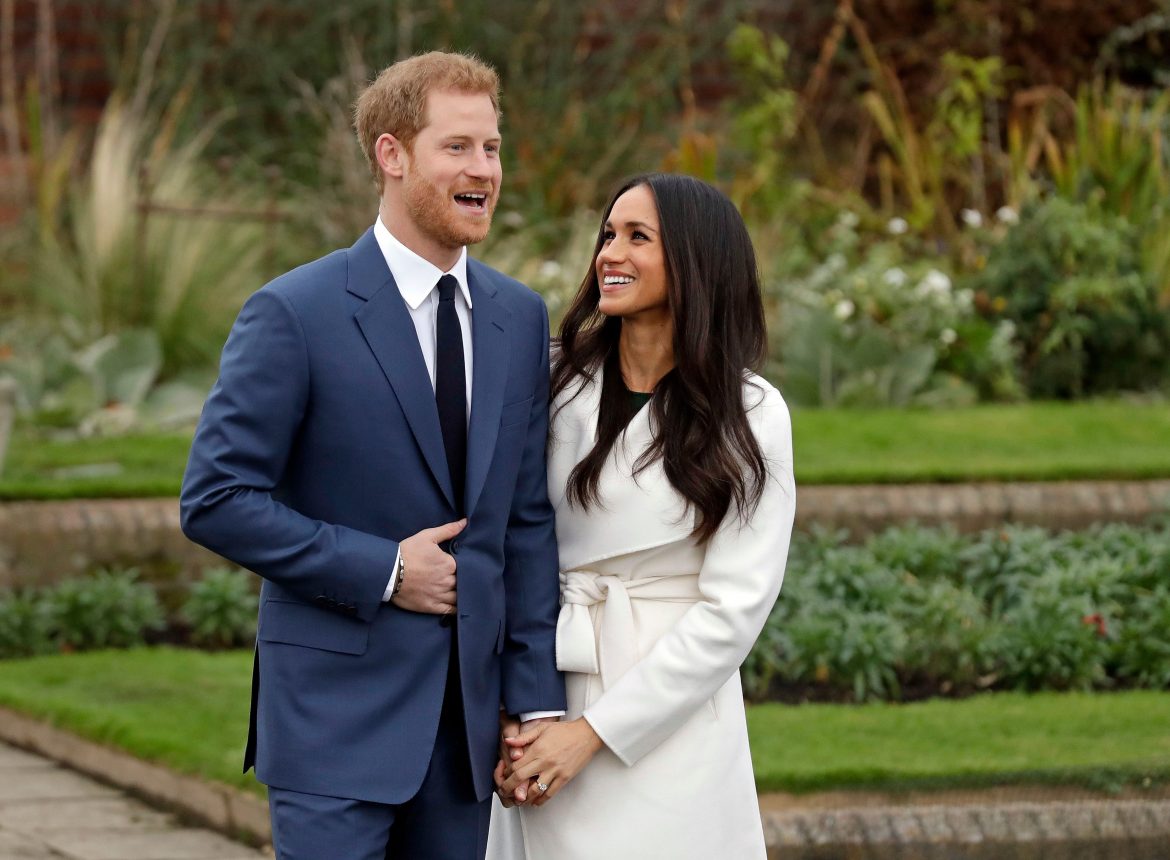A beautiful young woman marries her prince, and they live happily ever after. It sounds like the end to one of the fairy tales we read growing up.
In reality, Prince Harry and Meghan Markle had to work for their happily ever after and ultimately remove themselves from the world of princes and princesses, dukes and duchesses.
In one of the most anticipated and widely debated interviews, possibly of all time, the couple revealed some shocking truths that paint a very different picture to the one told by the British press.
“The perception and the reality are two very different things,” Meghan told Oprah. “And you’re being judged on the perception but you’re living the reality of it. There’s a complete misalignment, and there’s no way to explain that to people.”
Whether we see the estranged couple or the royal family as the villains of this tale, there is no doubt that this is Harry and Meghan’s lived experience, so at the very least, we need to acknowledge that it happened.
Expressing this most clearly, the former Duchess of Sussex admitted tearfully that she reached breaking point, but that when she asked The Royal Institution for help, she was denied it.
Viewers could see the truth and sincerity in her words as she admitted she was suffering from suicidal thoughts at the time and that she was “ashamed” to declare it. As many suicidal people can attest, it takes considerable courage to admit to feeling that way.
“I know how much loss he’s [Harry] suffered, but I knew that if I didn’t say it, that I would do it,” she said.
“I just didn’t want to be alive anymore, and that was a very real and clear, and frightening constant thought.”
Host of Good Morning Britain, Piers Morgan, came under fire online – and later left his job – after controversially claiming Meghan’s suicidal thoughts were fake.
Nobody can confirm or deny how Meghan was feeling at the time other than Meghan herself. For Morgan to state so publicly that he did not believe her not only adds fuel to the attack on her character by the British press but also has wider implications.
Anyone feeling remotely similar to Meghan who tuned in to the show could have been left feeling more alone and more inclined to take harmful action on the basis of Morgan’s lack of belief, which so perfectly represents the wider societal view towards mental health.
Many people tweeted about reporting him to Ofcom, drawing comparisons with the death of Caroline Flack just over a year ago.
Mental health charity Mind released a statement in which it said it was “disappointed” and “concerned” by Morgan’s comments and that it was in talks with ITV.
Media spin
Treatment of Meghan by the British press has been poor from the beginning. Oprah brought up examples of how the media reported Kate, Duchess of Cambridge, to be “tenderly” cradling her bump, while Meghan was questioned as to why she “can’t keep her hands off her bump”.
Meghan was presented with ample opportunity to disparage the royal family, and yet, she did not rise to the bait. Sadly, the same cannot be said for the British press, who take any opportunity they can to disparage Meghan.
The British press attacked Meghan for eating avocados during her pregnancy, with the Daily Mail publishing a headline titled Is Meghan’s Favourite Snack Fuelling Drought and Murder?
The Daily Express, by contrast, referred to avocados as a plausible cure for morning sickness, when they were eaten by Kate Middleton.
Meghan’s treatment is evidently different from that of Kate. And yet each experience is their own, and once more, nobody but those directly involved can comment. It is about time the press stopped presuming and started asking.
If you’re experiencing distress or struggling to cope and need support, the Samaritans provide free, confidential, 24-hour phone support on 116 123 or via email at jo@samaritans.org.






